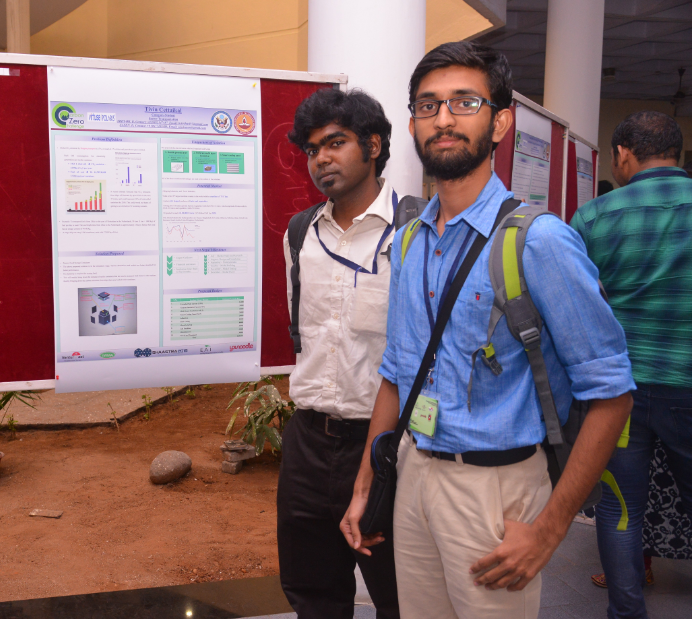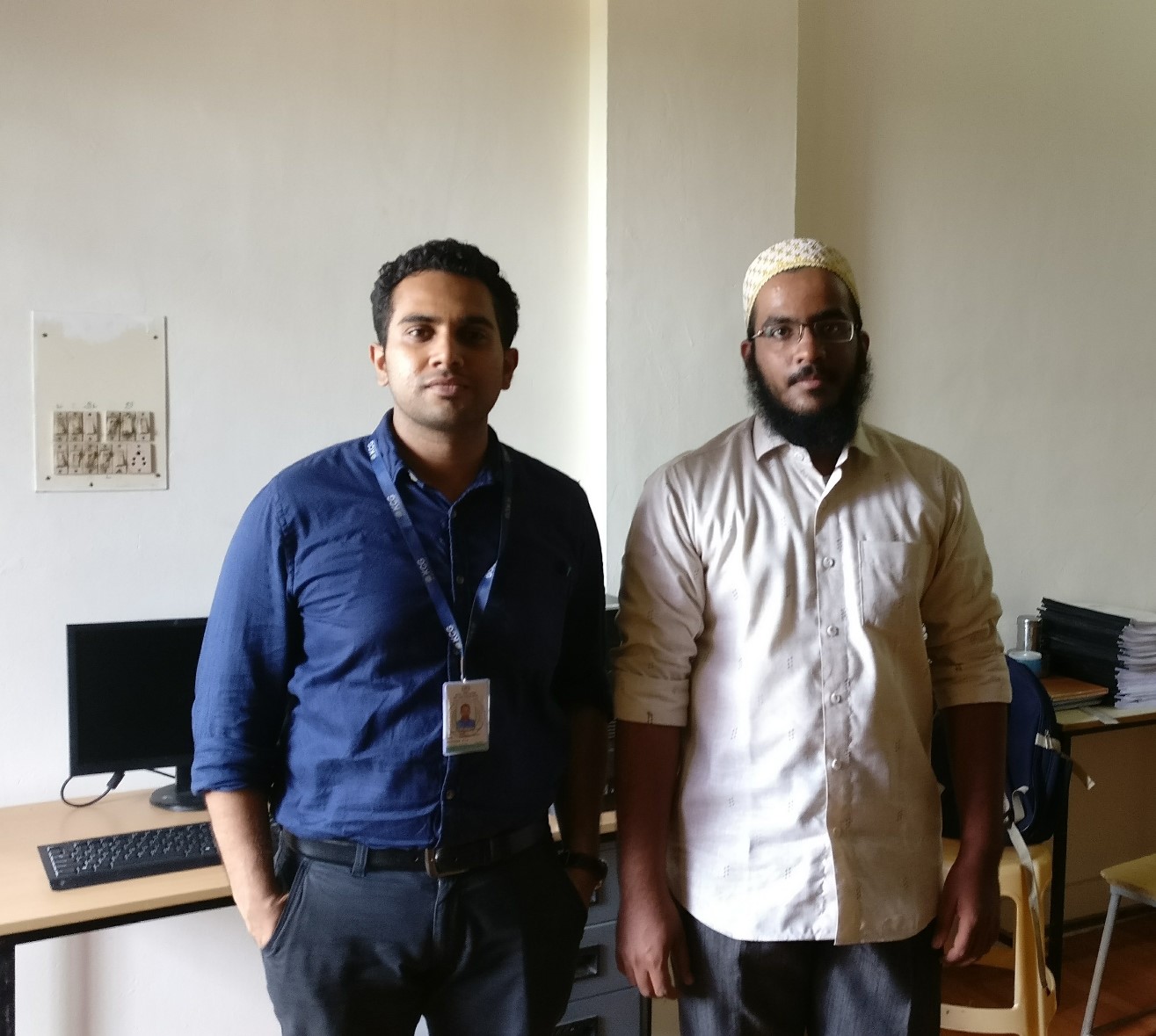Project Highlights
Electrochem 2017 W6, a students’ team from IIT Madras, Chennai chose water and waste management as their sector.
We face an inherent water crisis due to the urbanization and population growth, in addition to the extensive mismanagement of water resulting in billions of people and the environment to suffer badly! Across the globe, 1 out of 7 people do not have access to safe drinking water, mainly due to depletion of groundwater sources combined with uncontrolled discharge of various contaminants into it.
Hence, to meet the growing demand of water and prevent the misuse of limited freshwater resources, the need has arisen to treat the “contaminated water”.

Who is Behind this Project?
The team is led by Ms. Sharanya Sriram and the team members are
- Sharanya Sriram
- Bincy George Abraham

What is the Project all about?
The team proposes an electrochemical (redox) process for water and wastewater treatment which have small footprint, making them attractive for decentralized water/wastewater treatment.
- Bio-electrochemical systems (BES) such as Microbial Fuel Cells, Microbial Electrolysis Cells are studied for simultaneous wastewater treatment and inorganic metal ion reduction at cathode combined with auxiliary power generation.
- The major hindrance with BES includes low reliability and efficiency, poor dynamic response due to the slow growth kinetics of micro-organisms as biocatalyst.
- To overcome this limitation we aim to replace biological systems with electrochemical systems.
What is the Uniqueness of the Solution?
- Non-microbial electrochemical system offer faster and more robust performance compared to Microbial Fuel Cells and Microbial Electrolysis Cells.
- No auxiliary chemical addition or secondary waste generation.
- By placing appropriate redox reactants and membranes, the prototype can generate an inherent potential which can desalinate brine water thereby avoiding the need for external power supply.
- Modular design and small footprints make the system attractive for decentralized water/wastewater treatment.
- Desalination process coupled with wastewater treatment is achieved at an affordable cost.
What is the Potential Market?
- This prototype can be scaled up to pilot plants catering small scale industries.
- We aim to treat 25 L wastewater with our bench top modular prototype
Contact Details:
Bincy George Abraham – 9498000879
Interested to Know more about this team? Send a note to info@czeroc.com









Leave A Comment